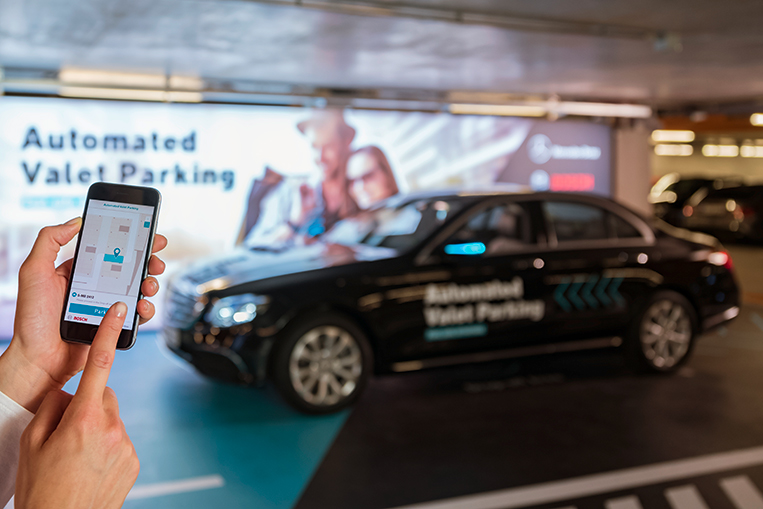
If you ran a poll among motorists about the worst aspect of driving to the mall, trying to find a parking space would surely be among the top answers. Many of us have spent way too much time circling around dimly lit concrete bunkers looking for a space to park our pride and joy in. And while we do that, we always run the risk of bumping into a concrete barrier or having a careless neighbor bang his door against our shiny sheet metal. Luckily, Mercedes-Benz owner Daimler and electronics giant Bosch have just unveiled the world’s first automated valet parking system, an invention that will likely make human valets obsolete in the near future.
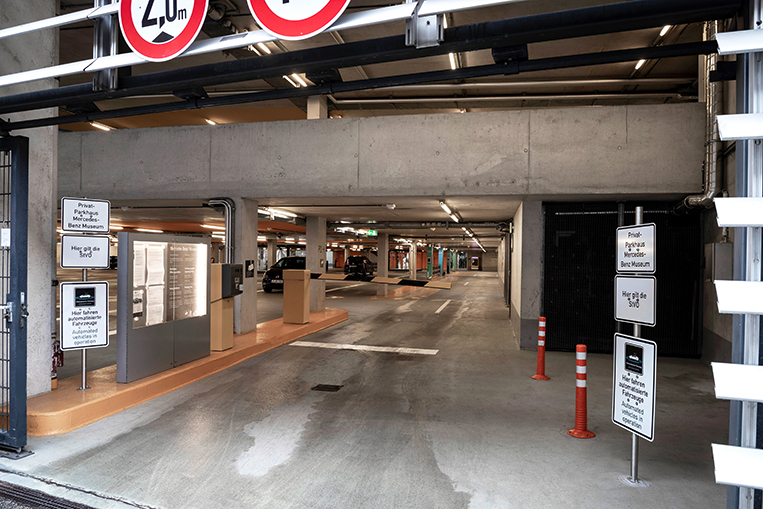
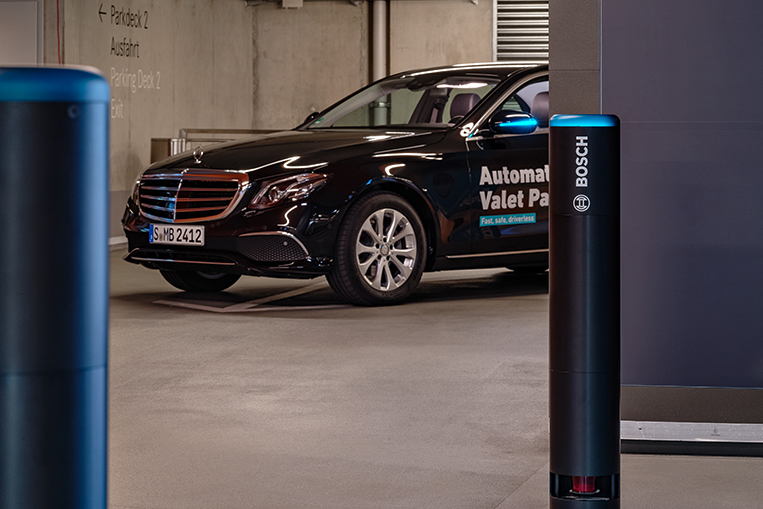
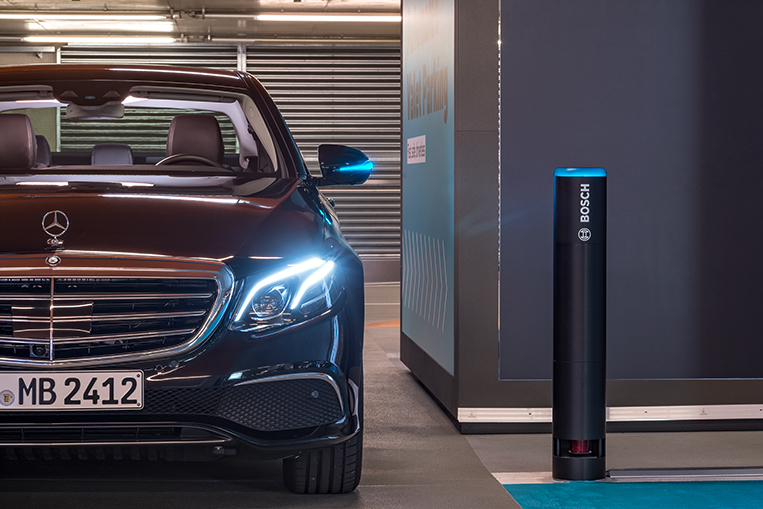
“World’s first” in the context of this story means the first system that is actually being used in a real-world environment and with official approval from a government regulator, which is the part the two companies are especially proud of. Autonomous driving systems have been around for a while now, but this is the first time normal drivers can—at least theoretically—let computers take the wheel and park their automobiles for them. All they have to do is drive to the Mercedes-Benz Museum in Stuttgart, as that is where this clever piece of tech is now going to be used on a daily basis. Of course, you’ll also need a car new enough to actually have the right kind of technology already onboard, which is probably why Daimler is chipping in some pilot cars to get the ball rolling.
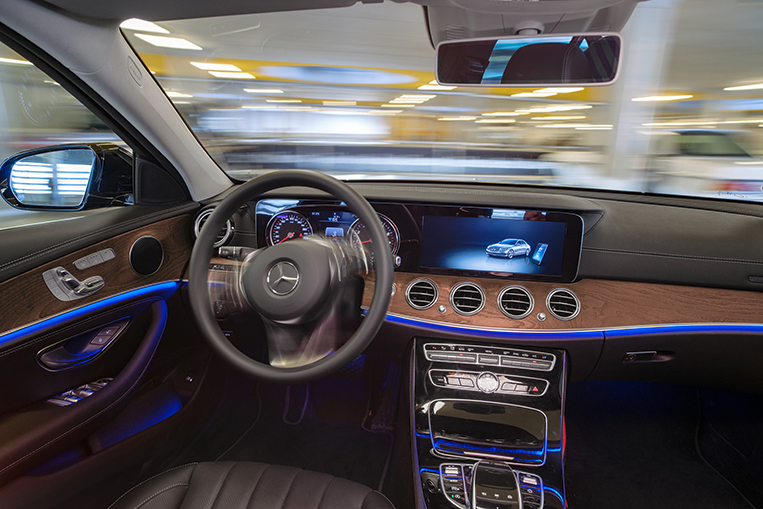
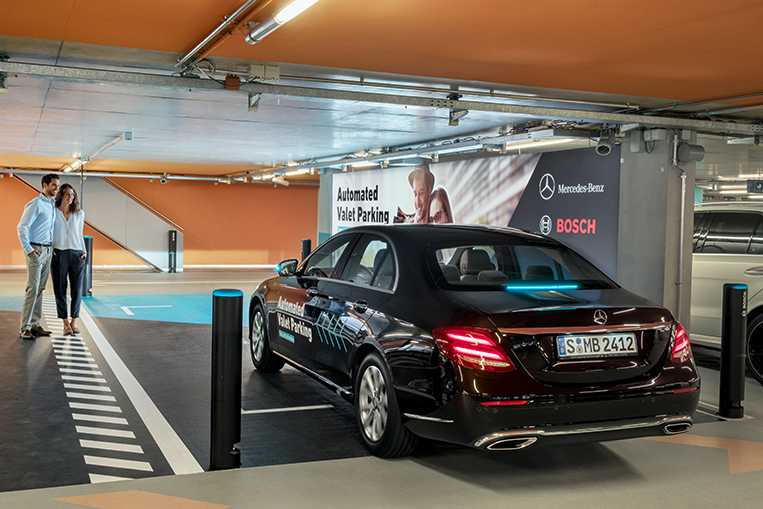
Here’s how it works: A driver pulls up to the entrance of the parking garage and gets out of his car. He opens an app on his phone to start the automated valet process, and then simply walks way. While the driver already makes his way into the museum, the car automatically drives off and finds a parking space for itself, where it will stay until the owner returns. Then the whole process happens in reverse. The driver summons the car from his smartphone, gets in and drives off—all without ever having to be afraid that a human might scratch the vehicle or that he needs to tip the valet. Because of all the clever computing power involved, there is also apparently no risk of the car bumping into anything or anyone along the way.
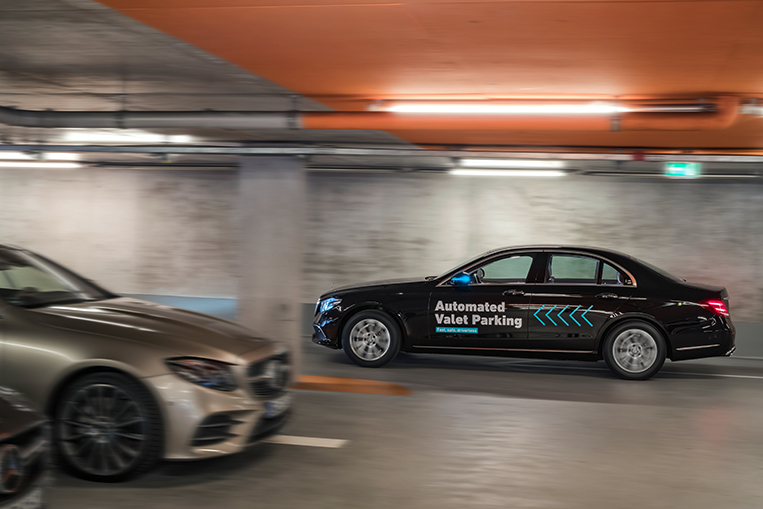
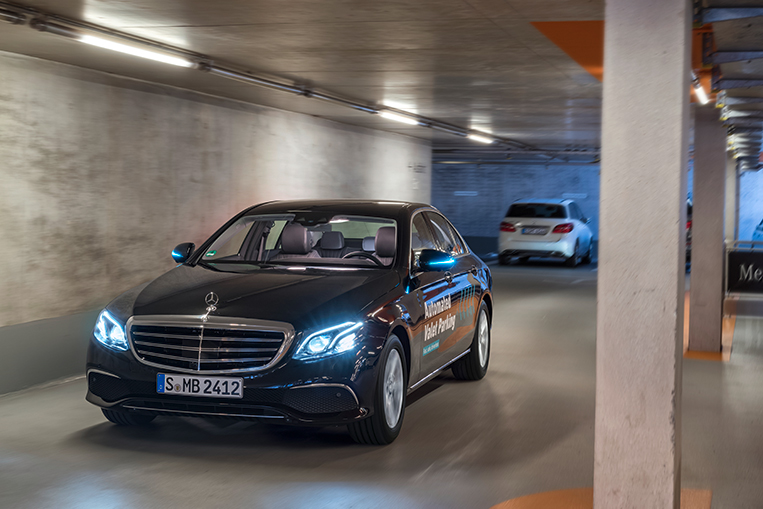
The vehicle technology was supplied by Daimler, while Bosch mainly developed the intelligent parking garage infrastructure needed to make this system work. The garage essentially checks where a space is available, and then tells the car where to go, including up and down ramps, along corridors and ultimately into a designated parking space. It also informs the car if there are obstacles in the way, and stops it if needed. Getting a government regulator to approve such a system for real-world use is somewhat a big deal, as it opens the way for further development and ultimately a rollout of systems like this in other places. In the near future, we may very well laugh at the idea of ever having trusted a stranger with the key to our car simply so he can park it. That’s good news for everyone. Except valets.


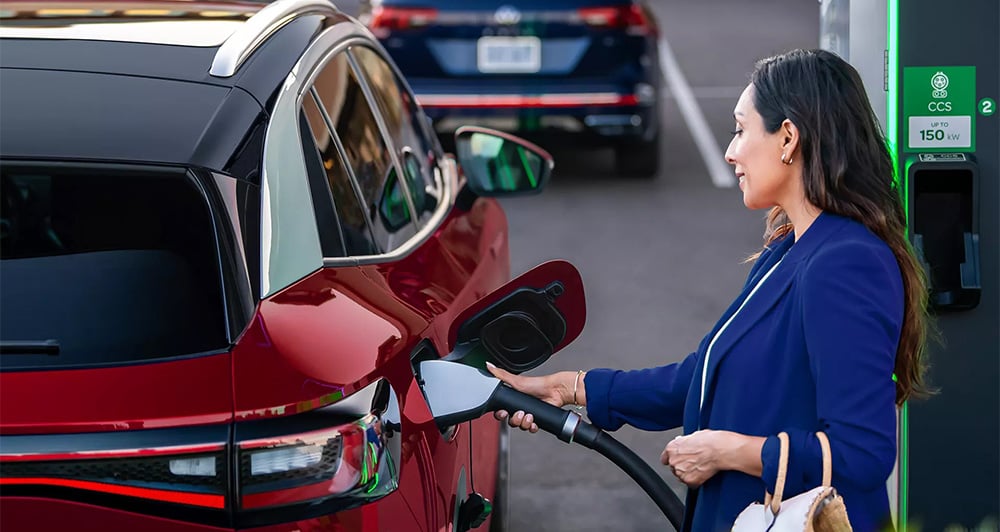
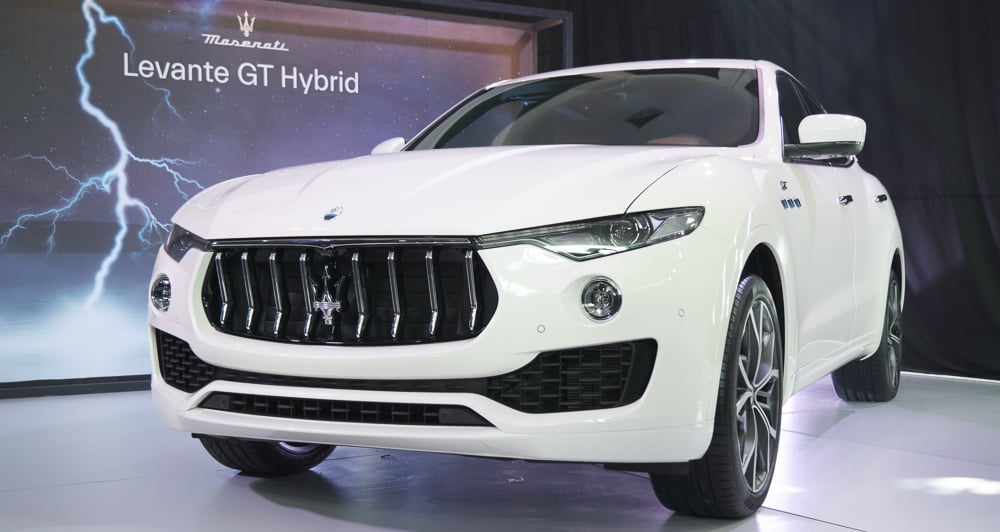
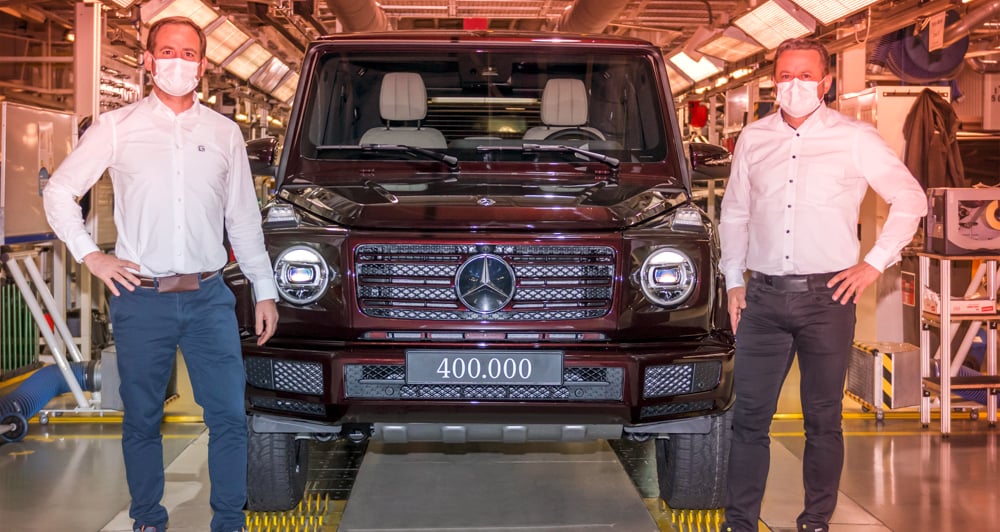

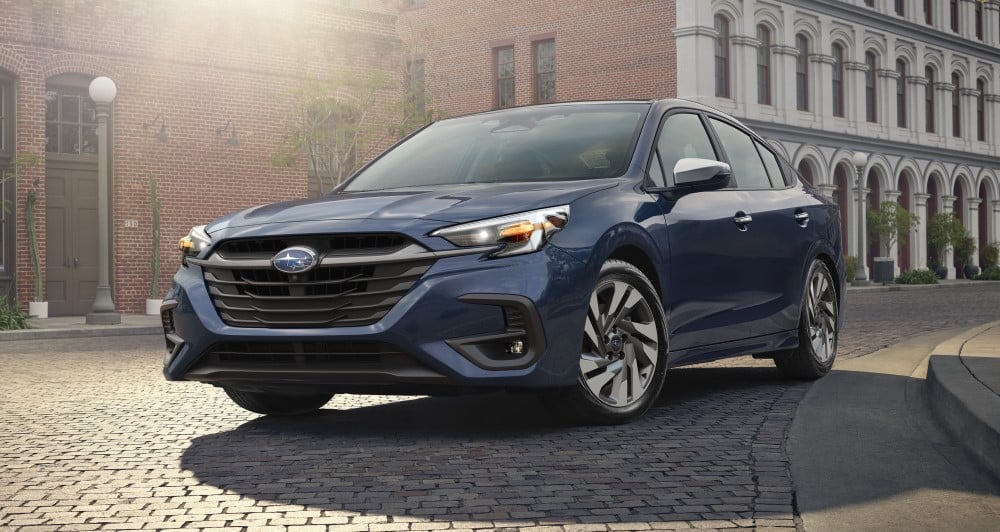

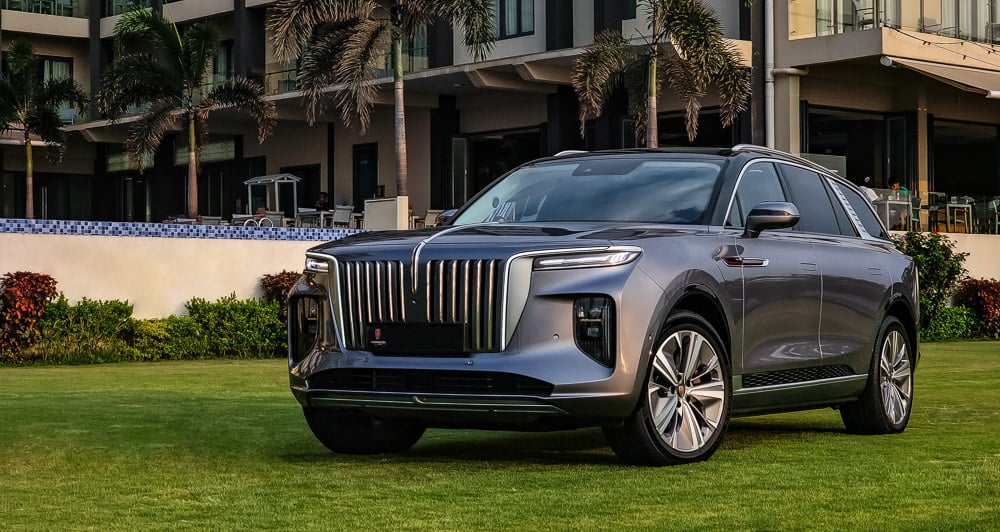

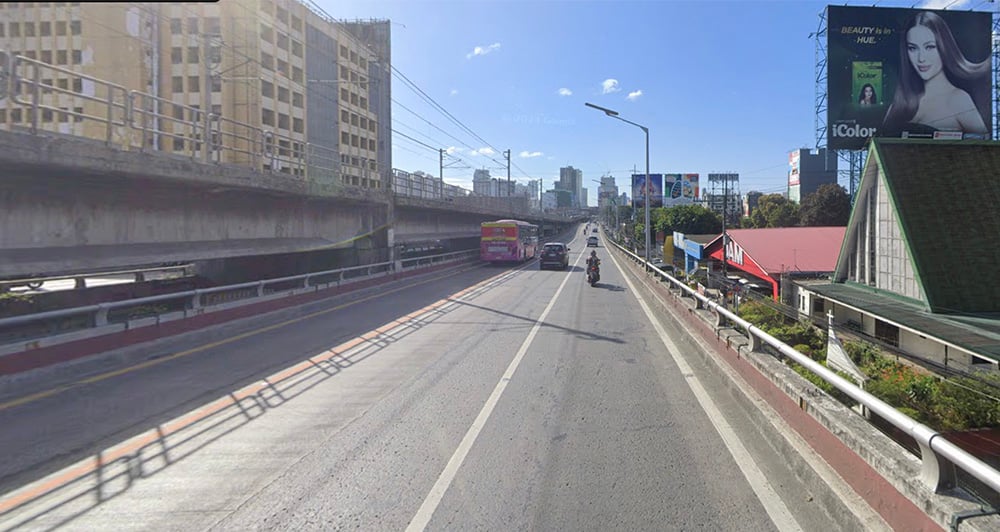
Comments